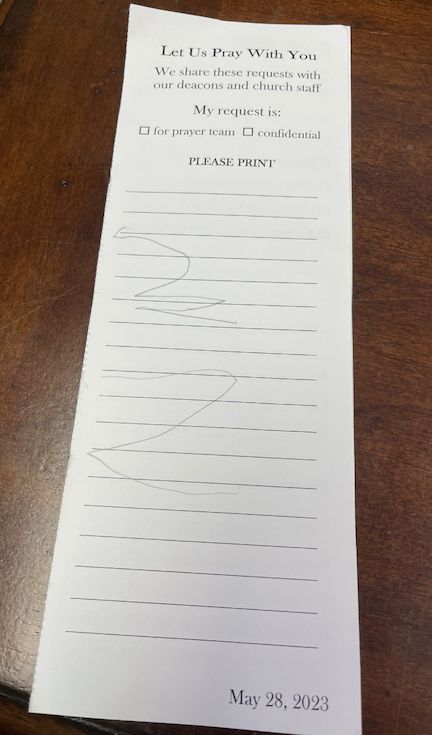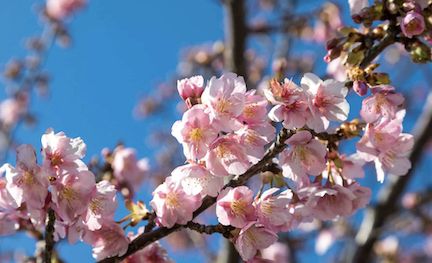No Jim Crow In Christ
During the Reconstruction Era following the Civil War, newly freed slaves faced the inconsistencies of their new “freedom” juxtaposed against the many new laws enacted, primarily in the southern states to keep them, quite literally, in their place. Jim Crow Laws, as they’ve come to be known, took their name from a minstrel song of the 1830s in which the character was named Jim Crow. The character came to be associated as the archetypical black slave.
Jim Crow Laws were a series of legislative mandates that assured blacks and whites “separate” places in society. From separate restrooms and rail cars, to separate water fountains and park benches. The laws were cemented under the banner of the 1896 US Supreme Court ruling in the case of Plessy v. Ferguson declaring the rights of blacks and whites to be “separate but equal.”
In a country founded on staunchly Judeo-Christian beliefs and ethics, it is all but unbelievable that such laws (in fact slavery itself) could have ever been tolerated. Scripture is clear on the point. “There is neither Jew nor Greek, slave nor free, male nor female, for you are all one in Christ Jesus” (Galatians 3:28). In the High Priestly Prayer of Christ, Jesus Himself prayed, “Father, protect them by the power of your name--the name you gave me--so that they may be one as we are one” (John 17:11).
In God’s economy, there is no such thing as “separate but equal.” There is only equal!
Scribbled Prayers
One of the great privileges of serving as a deacon is the opportunity to be one of the first to pray over needs shared at the beginning of the worship service. Our congregation is invited to fill out prayer request cards which are available in each pew. They simply say, "Let us pray with you," leaving a blank space, with the prompt, "My request is ..."
A particular prayer request stood out to me. It was the scribblings of a young child filling out the blank prayer card as he sat in the pew. Just a squiggly line — up, down, and back and forth on the card.

I love the heart of a child eager to participate and share their scribbles for prayer. “Let the little children come to me, and don’t stop them, because the kingdom of God belongs to such as these” (Luke 18:16, NIV).
It also reminded me that this is how a lot of my prayers must sound before the sovereign God. My praying must often be not much more than scribbles of unintelligible ideas and whinings when presented to Him. But I am glad that he knows them better than I do.
“Likewise the Spirit helps us in our weakness. For we do not know what to pray for as we ought, but the Spirit himself intercedes for us with groanings too deep for words” (Romans 8:26, ESV).
Thank God For Spiritual Spring!
Bound in each blossom and the green of the lawn
Is a message for the whole world to see
Witnessed by each person who beholds the dawn
Or every bush, plant, and flower, each tree
The deer, the rabbits, the birds of the morning
So many testify of its coming
As God brings new life, His gracious performing
Is heard in their songs, sounds, and humming
Nature displays in graphic depiction
How God brings life after death
Look up at His Son and His cruel crucifixion
As He yielded and breathed His last breath
The cold of the tomb could only envelope
God in the flesh for so long
The faithful writers with words develop
How a dirge became a victory song
“He is not here! He is risen!”
The angels their chorus related
His grave was a powerless prison
His disciples would soon be elated!
The good news spread like a blanket of flowers
In the field of men’s hearts full of trust
It still bursts forth in fruitful bowers
That new life can spring up from the dust
Dear friend, you may be in the winter of despair
The icy grip of sin bringing guilt and strife
Believe that the Son can make your skies fair
Defeat death and bringing you new life!

"The Lord’s lovingkindnesses indeed never cease, For His compassions never fail. They are new every morning; Great is Your faithfulness. 'The Lord is my portion,' says my soul, 'Therefore I have hope in Him'" (Lamentations 3:22-24, NASB).